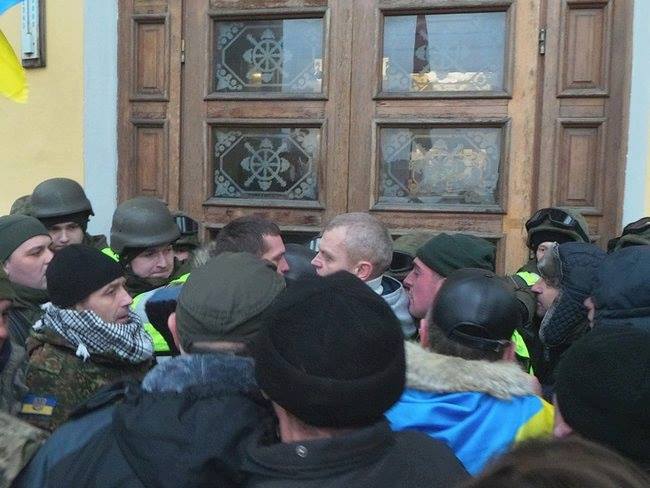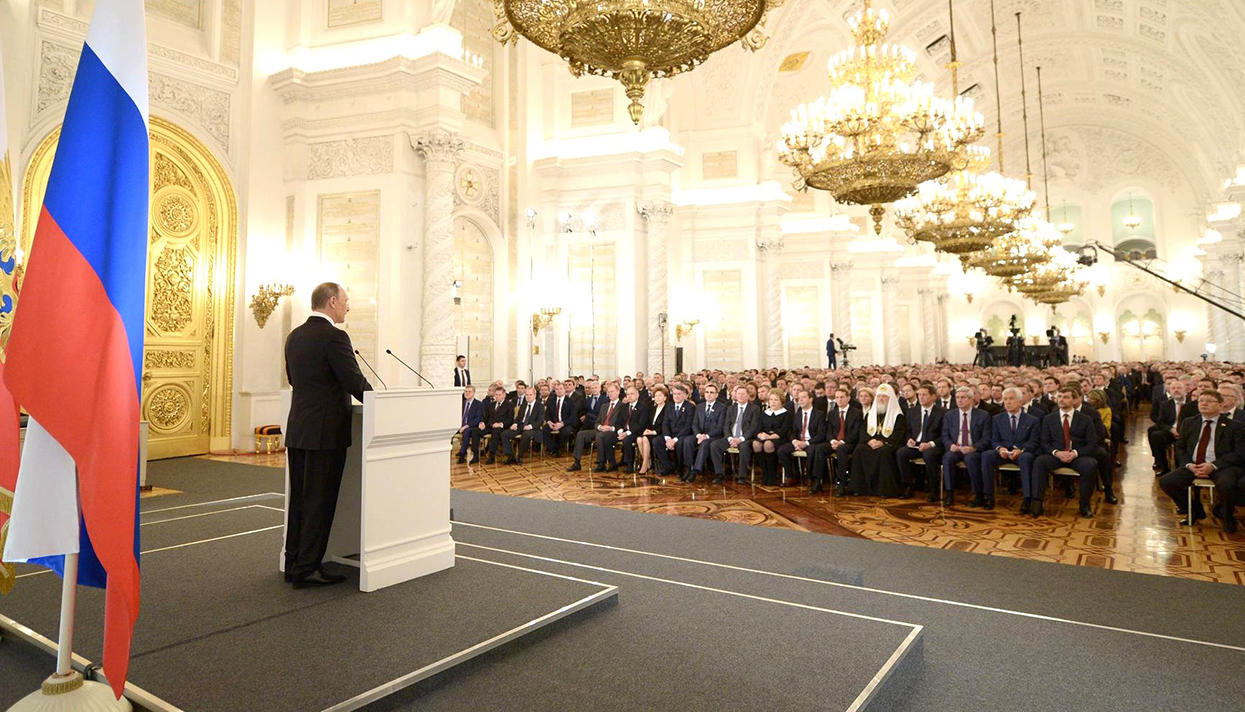One of the fundamental requirements of the Christian faith is that believers should visit people in jail. Russian jailers are now making that impossible for Protestants who want to visit their imprisoned co-religionists, a tragic reality which makes it hard to understand why some American Protestants view Russia as a defender of traditional values.
Jesus of Nazareth, the founder of Christianity, told his followers that those who among other things visited those in prison were visiting him and thus would be welcomed into the kingdom of heaven while those who did not visit prisoners and take similar steps would be rejected (Matthew 25: 31-46).
He did not have to confront the situation many Protestants in Russia now do: they want to visit the increasing number of their co-religionists now behind bars but the powers that be in that country refuse to allow them to do so, a violation of their rights, the rights of prisoners, and the basic principles of traditional Christianity.
Since the early 1990s, Roman Lunkin, a specialist on religion at Moscow’s Institute of Europe
, says, Protestants in Russia have made prison visits a central part of their mission. Until 2015, they were very active in that regard given that many Protestants found themselves victims of criminal prosecution.
Sometimes jailers denied that there were any Protestants in their institutions; or when they acknowledged there were said pastors couldn’t visit them unless the prisoners specifically asked them to come.
For the last three years, only representatives of the four "traditional" Russian religions -- Orthodoxy, Islam, Buddhism and Judaism -- have had the right to visit prisoners. Protestants (and Roman Catholics) not being "traditional" Russian faiths in the Kremlin's understanding do not have that right.
“Protestants and experts connect what is occurring with pressure from the Russian Orthodox Church and ‘the Yarovaya package’ [of repressive measures – and also with the fact that Evangelical churches are associated in the minds of the Russian authorities with the West” and thus at least potentially disloyal.
Representatives of the Russian Orthodox Church says the Protestants have only themselves to blame for t his situation. According to the Moscow Patriarchate, “earlier the Protestants misused their visits to jails” to recruit new members, and consequently it is entirely appropriate that they have been banned now.
A Protestant pastor speaking on condition of anonymity says that he continues to visit prisoners despite the ban, and he notes that some prison officials allow this even though the all-Russian policy is clear.
Some jailers welcome this, but others are suspicious.
“In Protestant congregations, there are a sufficient number of former prisoners who understand well how necessary it is to work with the recently released,” Lunkin says. “Again, this is connected with the fact that in Soviet times many Protestants passed through prisons. To establish such a group in an Orthodox church is much more difficult” and more often opposed.
If the authorities continue to block prison visits by Protestant ministers, he says, the number of recidivists will go up especially in regions where there are a large number of prisons such as Komi or Mordvinia. And other experts say that without these visits, the crime rate will become much higher than it is today.
Read More:
- Ukraine to mark 500th anniversary of Protestant Reformation
- Pro-Russia Militants in Occupied East Ukraine Torture Protestant Pastor To Convert To Russian Orthodox Church
- Protestants – one of the most pro-Ukrainian groups in the Donbas
- Protestants persecuted in rebel-held Luhansk
- Evangelical Protestants in Ukraine and Their Émigré Churches Often Pro-Russian, Ukrainian Religious Expert Says
- STATEMENT of Heads of Evangelical Protestant Churches of Ukraine on religious persecution in the Donetsk and Luhansk Oblasts
- Chaplain Kostyantyn Kholodov: War is a terrible thing that changes a man’s mindset
- Ukraine gets two Christmases – December 25 and January 7
- 8 reasons why Russian Communism and Russian Orthodoxy are so interchangeable





